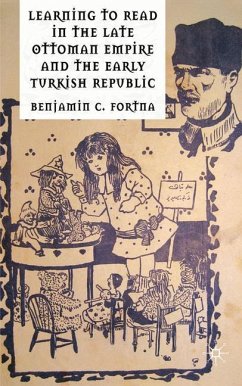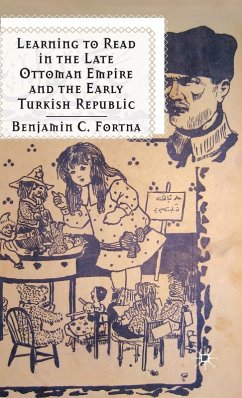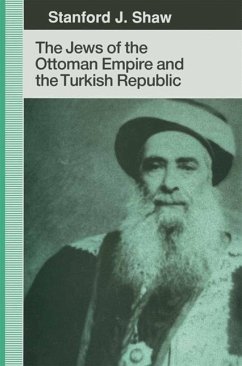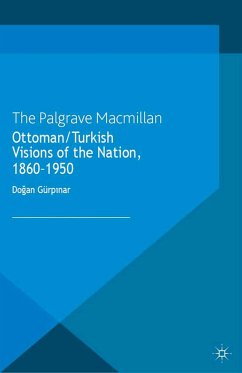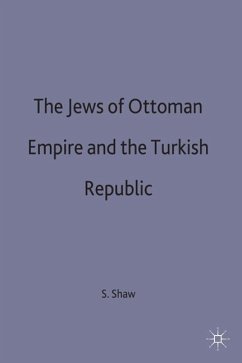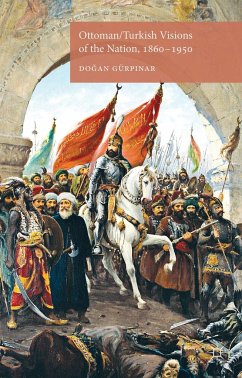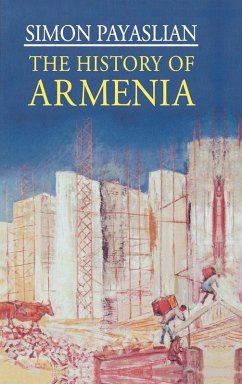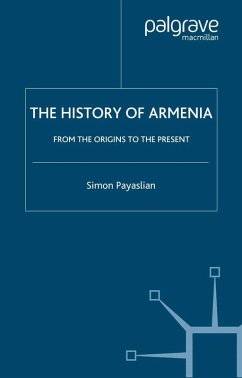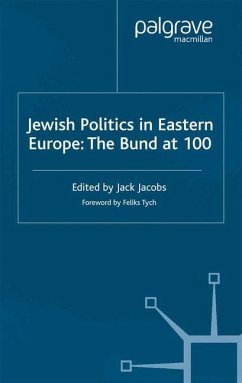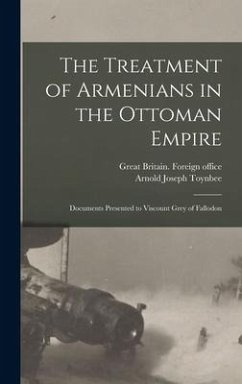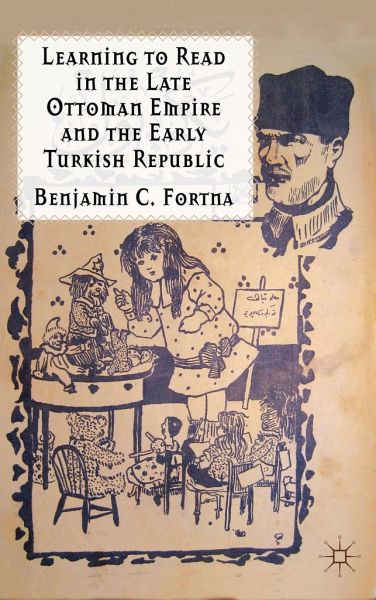
Learning to Read in the Late Ottoman Empire and the Early Turkish Republic
Versandkostenfrei!
Versandfertig in 6-10 Tagen
38,99 €
inkl. MwSt.
Weitere Ausgaben:

PAYBACK Punkte
19 °P sammeln!
An exploration of the ways in which children learned and were taught to read, against the background of the transition from Ottoman Empire to Turkish Republic. This study gives us a fresh perspective on the transition from empire to republic by showing us the ways that reading was central to the construction of modernity.





